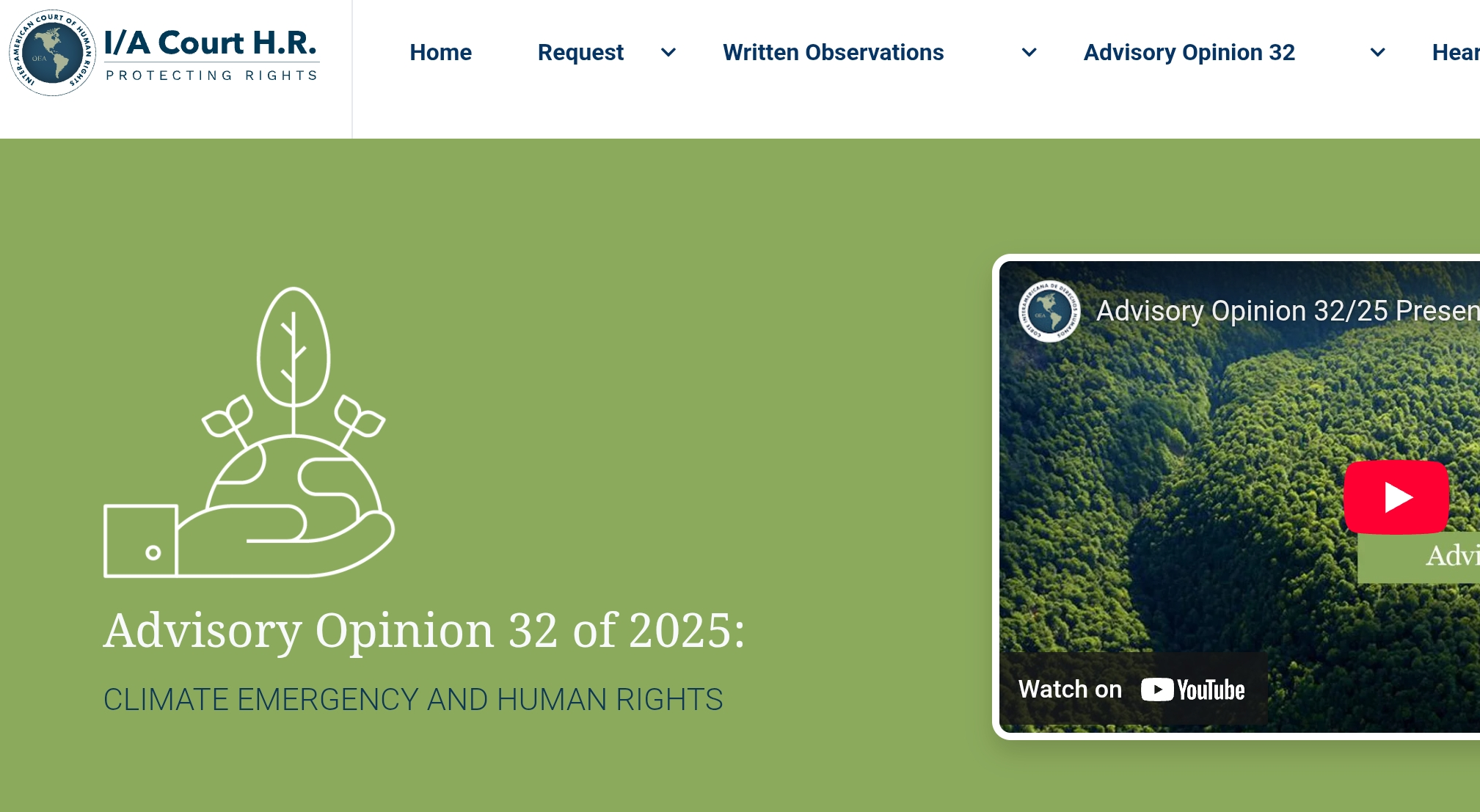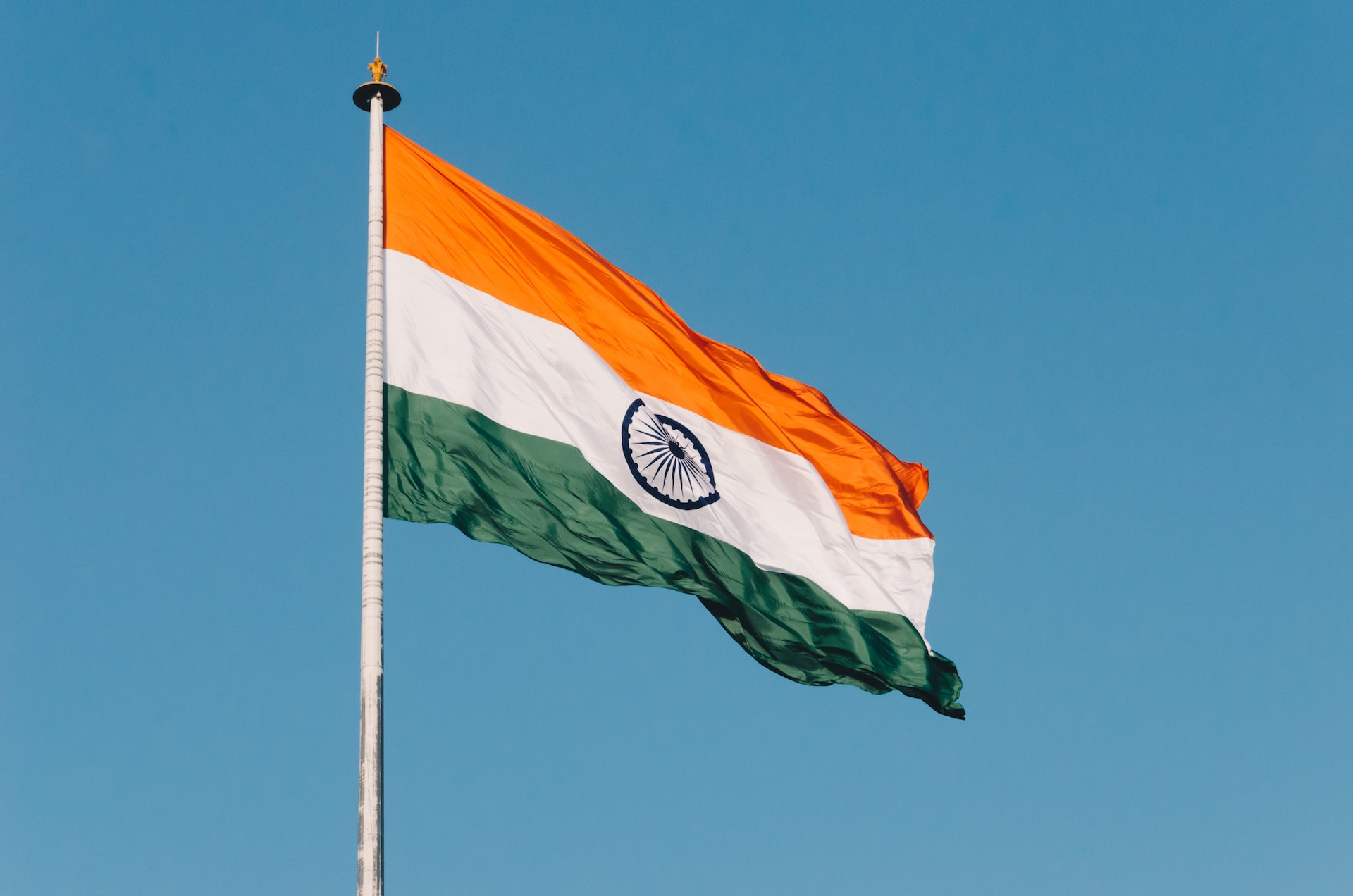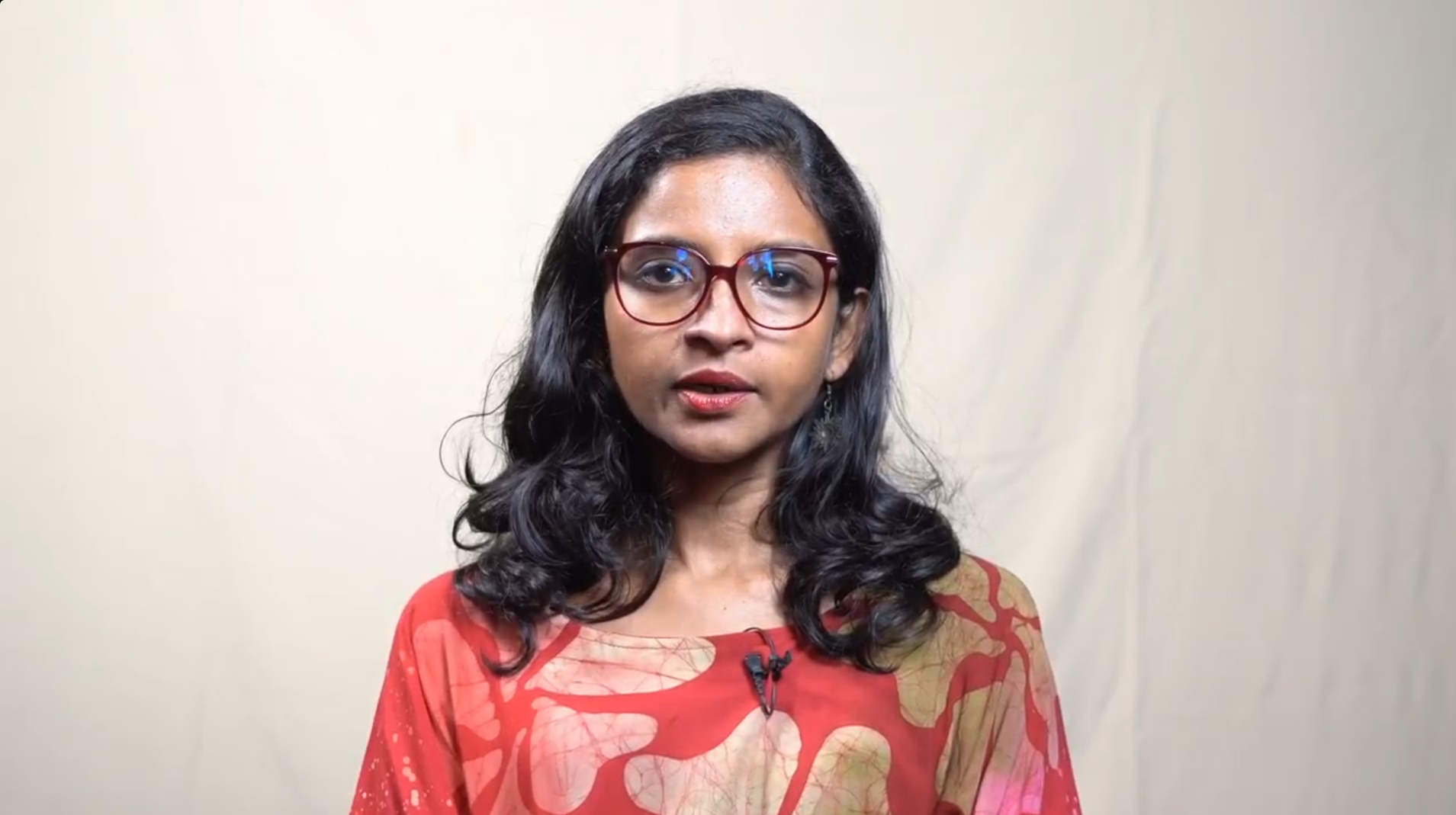Since 2014, India has been facing an alarming deterioration of its national human rights situation. Majoritarian, ultranationalist narratives promoted by officials and public figures paint a picture of entrenchment of power, rising authoritarianism and breakdown of the rule of law.
The very institutions whose purpose is to safeguard human rights and fundamental freedoms, such as the National Human Rights Commission of India (NHRC) and the Elections Commission no longer considered an effective recourse for victims of human rights violations. Meanwhile, the independence of the judiciary is increasingly challenged.
During his recent visit to India, the UN Secretary-General Antonio Guterres, stressed the need to ‘[condemn] hate speech unequivocally. [To protect] the rights and freedoms of journalists, human rights activists, students and academics. And [ensure] the continued independence of India’s judiciary.’
India’s introduction of discriminatory policies and legislation like the Citizenship Amendment Act (CAA), combined with selective police inaction, continue to fuel hatred, discrimination, and violence against minorities, especially Muslims.
Draconian legislation that does not comply with India’s international obligations, such as the Unlawful Activities Prevention Amendment (UAPA) and the Jammu and Kashmir Public Safety Act (PSA), has increasingly been misused against human rights defenders (see Bhima Koregaon case). Estonia called for the immediate release of all detained human rights defenders, while a number of States noted the misuse of these laws to criminalise HRDs, journalists and religious minorities.
The human rights situation in Indian-administered Jammu and Kashmir is of particular concern. Kashmiri human rights defenders, such as Khurram Parvez, and journalists are silenced in their work of reporting on human rights violations in the region and as a result of their exercising their fundamental rights to freedom of expression, of peaceful assembly and of association.
The work of civil society organisations is further being restricted through legislation such as the Foreign Contribution Regulation Act (FCRA), which undermines these groups’ access to funding from abroad, and which the former UN High Commissioner for Human Rights said should have been reviewed in 2020.
Moreover, India’s discourse on the environment and climate change on the international scene sits in stark contrast with its actions at home. Vanuatu recommended the Indian government to review and repeal the Environmental Impact Assessment Notification Act 2020, and to reverse mining and land laws which include regressive amendments to the Forest Conservation Act. These stand contrary to India’s international commitments towards climate action and sustainable development.
The ‘respect, protect and remedy’ framework under the UN Guiding Principles on Business and Human Rights, presupposes the existence of strong domestic laws. India has been diluting its protective legislation to favour businesses, thereby harming the environment and infringing upon the rights of indigenous communities, workers, dalits, minorities and oppressed groups. While a national action plan on business and human rights is welcome, it is ineffective in the absence of protective legislation and a mandatory legal framework ensuring accountability.
India’s UPR, led by States, has demonstrated the need to respond appropriately to prevent further escalation of violence and discrimination against minorities, which, if left unchecked, could lead to mass atrocities.
The review was live streamed through official UN channels in multiple locations across India, making it accessible to the general population on principles of transparency and accountability.
Download as PDF




